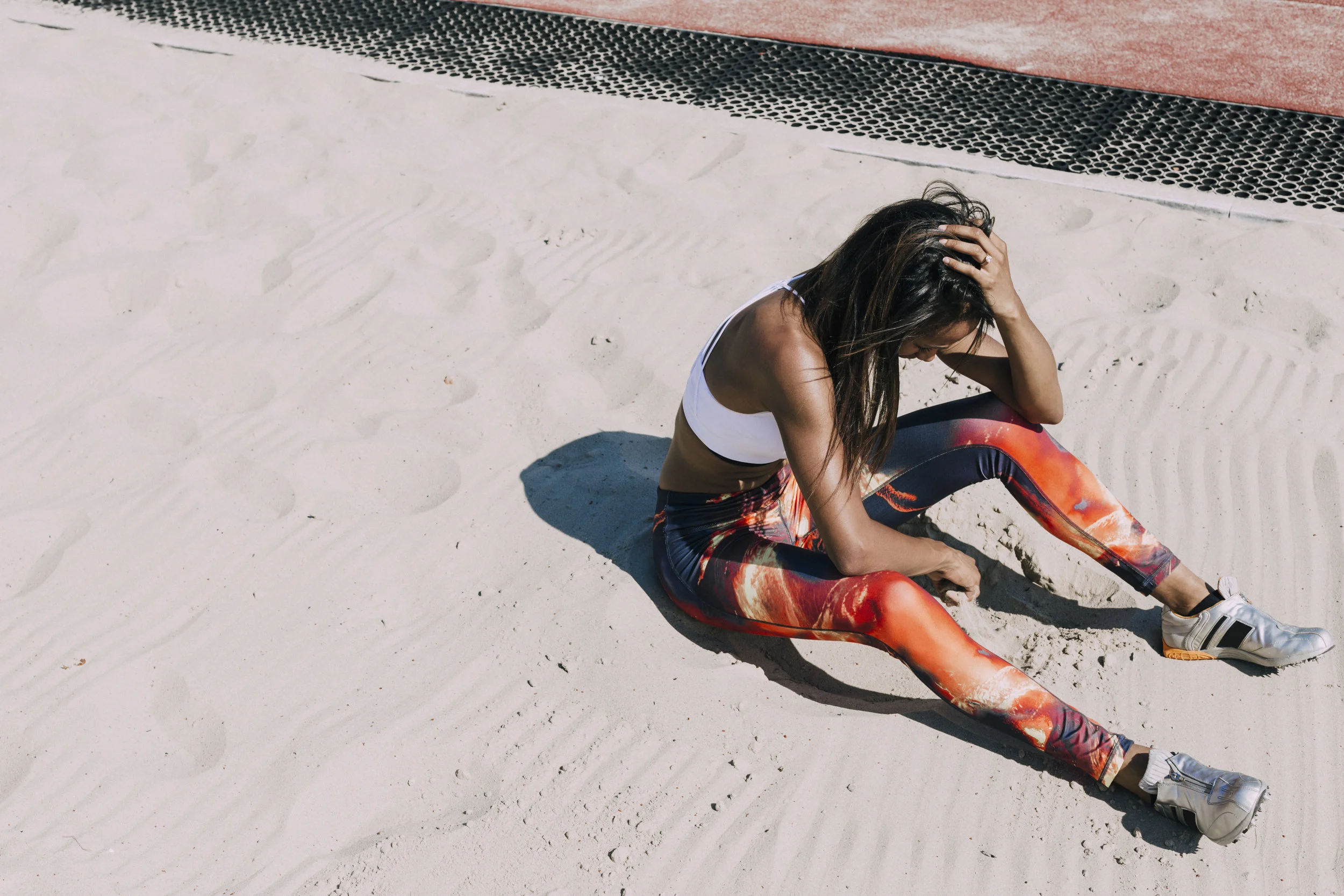![Japanese Meridian Therapy and Traditional Chinese Medicine: A Classical and Clinical Comparison]()
A Note From Shawna
This paper was originally titled, "Classic Texts: The Foundation of Japanese Meridian Therapy Assessed Clinically in Comparison to Traditional Chinese Medicine." I wrote it during the final years of my masters program in acupuncture at AIMC Berkeley for a course on classical texts.
This paper presumes knowledge of the medicine so is most appropriate for other practitioners, but as patients often ask about Japanese vs Chinese medicine, a general audience might find it interesting to skim. I'm happy to discuss any questions you may have after reading.
••••••••••••••••••••••••••••••••••••••••••••••••••••••••••••••••
How can Japanese Meridian Therapy and Traditional Chinese Medicine have come from the same classic texts and yet come to such different conclusions for diagnosis and treatment? This is the question I chose to consider by delving into Chapters Sixty-Nine and Seventy-Five of the Nan Jing, considered the foundation of Japanese Meridian Therapy.
Meridian Therapy was founded in the 1930s out of a desire to “reexamine the classics and to clinically test the knowledge gained therein in order to extract the truth” (Kuwahara, xvii). The principle methods of Japanese Meridian Therapy (JMT or MT) are to palpate and assess the meridians, using the pulse for both diagnosis and continual assessment of the progress of treatment, and to use the meridians in this way to understand the balance of deficiency and excess caused by pathogens, the seven emotions, and the fundamental interaction of the meridians and organs to themselves and each other (the Five Phases). This is fairly different from Eight Principle and Zang Fu Diagnosis as interpreted in Traditional Chinese Medicine (TCM). In the TCM approach, we utilize the four diagnostic methods (asking, looking, listening, and palpating), base our diagnosis on the collection of symptoms and signs based on the chief complaint, and identify a specific pattern based on the organs, yin/yang, and body elements (like blood, body fluids, and qi) in disharmony, all of which determines the course of treatment. Depending on the TCM practitioner, palpation may be used to refine the choice of points (this is common at least in the case of choosing local ashi points) or at the extreme they may only use the trusted points in texts from Chinese Acupuncture and Moxibustion (CAM). I admit this is a gross simplification of the vast differences within the practices of TCM and JMT respectively, but seeing from the extremes can help to highlight the differences between the disciplines.







